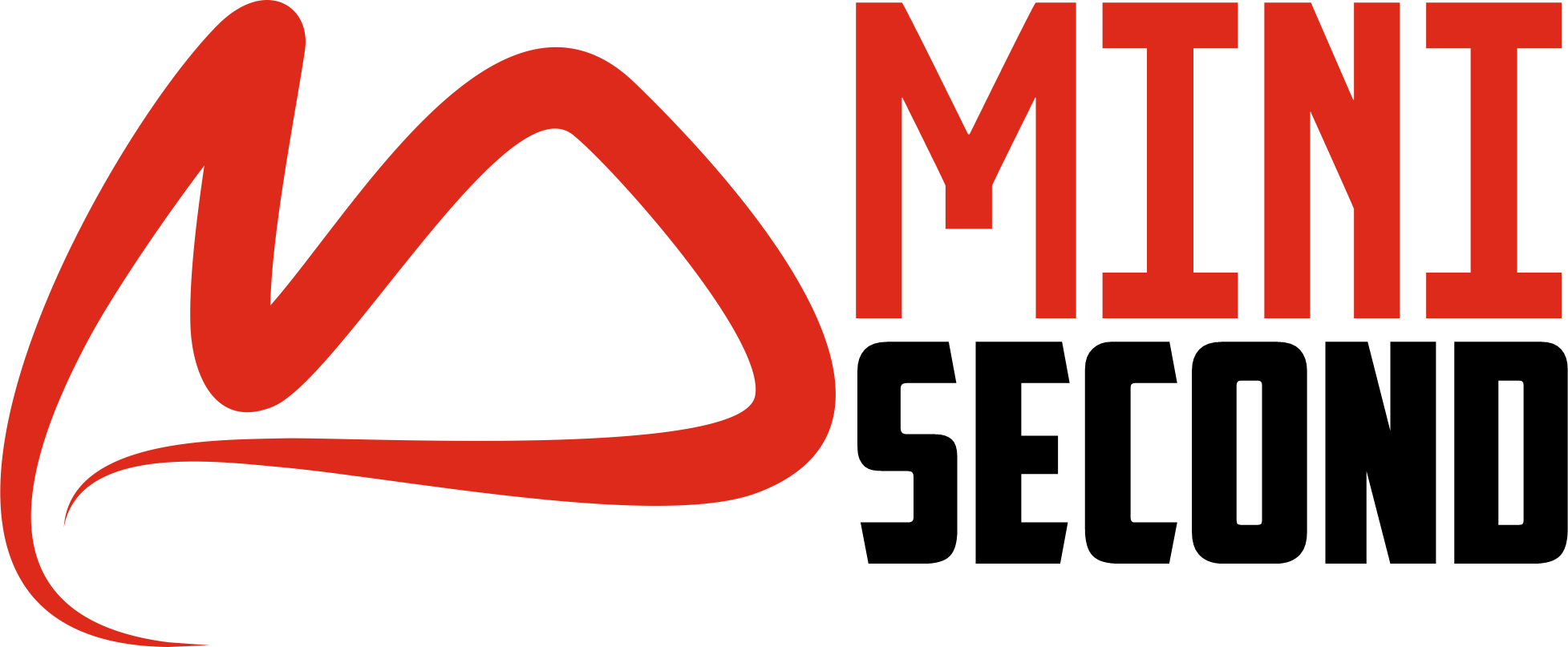What SEO stand for – What is SEO? SEO is the contraction of Search Engine Optimization (search engine optimization). It is the set of techniques and strategies focused on optimizing organic positioning in internet search engines. Some examples are Google, Bing, Baidu, Yahoo!, Yandex, DuckDuckGo and YouTube.
Having a web page for your brand or company is the basis of any digital presence, but the effort to create it is useless if you don’t ensure your audience finds it. Therefore, it is essential to make Google work in your favour. We will see what SEO is, why it is so important and how search engines work.
What is SEO or Search Engine Optimization?
SEO stands for Search Engine Optimization (optimization for search engines). It is the process of refining the visibility of a website in the organic results of any search engine.
It is vital to be clear that SEO refers to organic results, not paid. The complementary option (paying a cost per click to occupy the first places for a specific search) is known as SEM or Search Engine Marketing. To put a metaphor, SEO is similar to looking for a good free parking lot next to where you have to go, while SEM would be the equivalent of paying for a parking lot.
As with almost all online marketing disciplines, SEO has come a long way. In its origins, web positioning techniques were very primitive and were based on repeating specific keywords, while now the user experience is much more critical.
The concepts and techniques that you should take into account within the world of SEO are:
The relevance in web positioning
The relevance of a web page can be defined as its correspondence with a specific search, that is, how well it responds to the question or request made by the user. The objective of Google and other search engines is to give the best possible service to users by offering them pages that are relevant to them.
To control this factor, we use SEO on-site techniques dedicated to improving our website. Their goal is to make search engines understand your content and how it relates to user searches. Techniques such as keyword and URL optimization, loading time reduction, user experience improvement, etc., are used to do this.
Authority and SEO
Secondly, we have authority, which we can define as the popularity of a website. The more “votes” a website receives through links, the better it will be considered by search engines.
To improve the authority of a website, off-site SEO techniques are used, which focus on factors external to the website itself. What is sought is to improve the parameters that define the popularity of a website for search engines: links to the website, presence in social networks, mentions in the media, and how many users click on our website when it appears in their search results. Search etc
Finally, it is worth mentioning that we can also distinguish between White Hat SEO, which is based on the practices recommended by the search engines themselves, and Black Hat SEO, which seeks to take advantage of the “gaps” to manipulate the results quickly. Although it can sometimes get short-term results, the Black Hat is never worth it in the long term.
What are the origins of SEO?
Although nowadays it seems essential to us, the truth is that Google did not appear until the year 96, and even today, there are countries in the world where it is not particularly popular. The origins of this type of tool, called search engines, date back to the early 90s when the rise of web pages began.
Almost all web pages have a common goal: to attract quality traffic. Search engines are one of the most effective ways to bring in visitors potentially interested in the web topic in question. Web admins realized this and began to compete with each other to rank higher in search engines. SEO was born.
Why is SEO positioning important?
Understanding what SEO is and putting a good strategy into practice is essential for the future of your brand. Do you think we exaggerate? Take a look at these reasons:
- Multiply your visibility. Imagine that you position your website for a term with 500,000 monthly searches. If the first result that appears in the search engines gets 20% of the clicks, you would be getting 100,000 organic monthly visits; that is, they do not entail any additional cost.
- Improve your website. Well done, web positioning techniques not only improve your page for search engines but also the users themselves. And improving the user experience means enhancing your results.
- It is a long-term investment. Optimizing your website has some initial costs, but if you manage to position yourself among the top positions, you will have a fantastic source of quality traffic at no charge. Continuing with the previous example, imagine that 1 in 100 users who visit your website make an online purchase and that the customer’s lifetime value is 100 euros. In that case, you would be generating 100,000 euros per month in income. And, of course, if you position for several keywords or launch yourself into international SEO, the benefits multiply.
what seo stand for
- Monetize your website. If you have made a valuable investment in money, time and resources to build a website representing your brand, the logical thing to do is get as many users as possible to visit it to take advantage of that investment.
- Increase your impact on social media. Web positioning creates synergies with social media since the links shared on the networks use the titles and descriptions you will have optimized as part of your positioning strategy.
- Build trust and credibility. As I have already explained, authority and relevance are the two critical factors of SEO. Therefore, when your website appears among the first search results, users know that it is a site that contains the information they are looking for and that many users have approved it. In short, it gives them the confidence they need to launch themselves to convert.
- It can measured and optimized. It is possible to evaluate the results of all the techniques and factors that intervene in your SEO to see which ones are giving the best results and correct the course if necessary.

